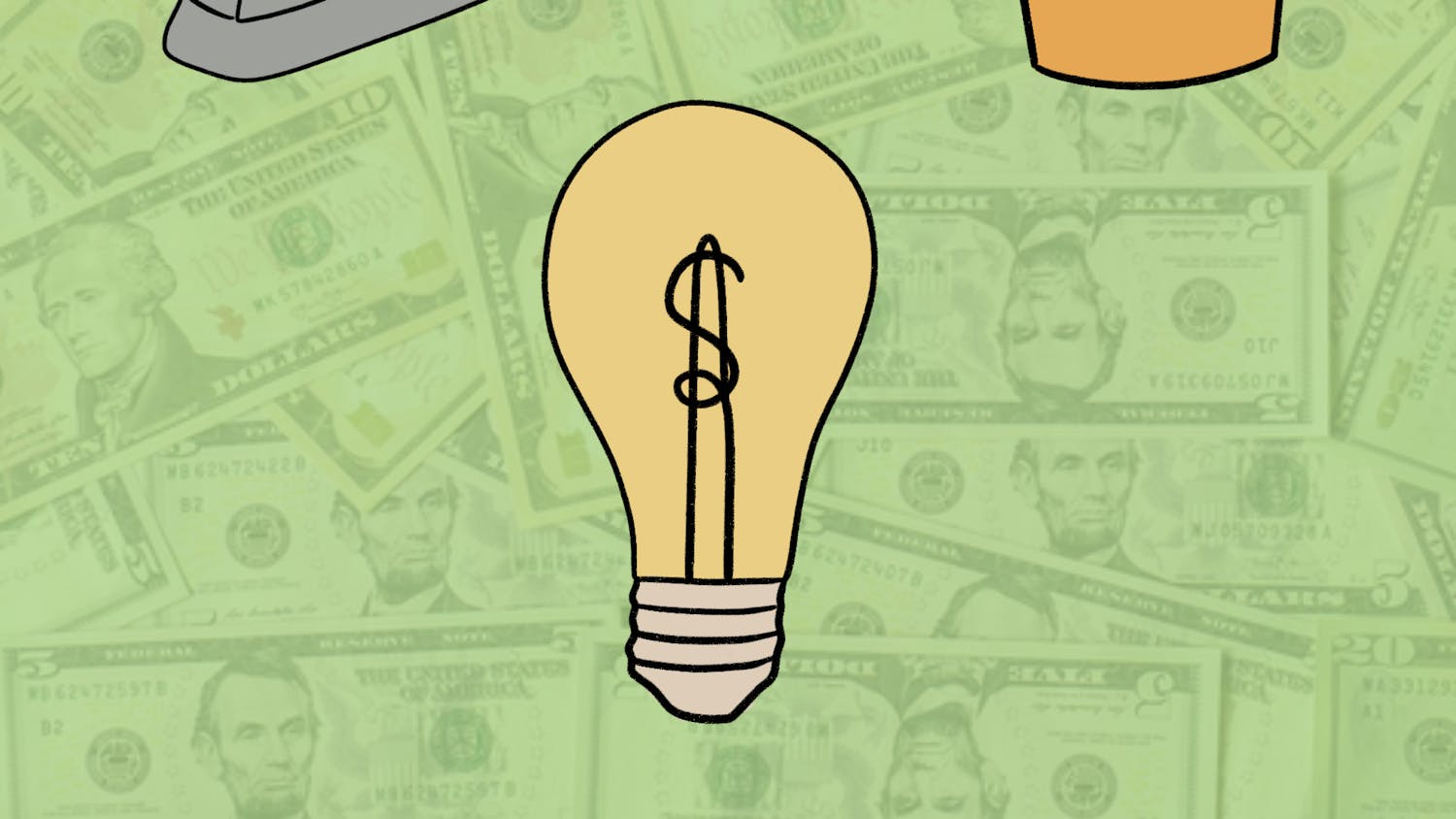Jan. 17, the Gainesville City Council unanimously voted to ban single-use plastic bags and foam containers. The ban goes into effect Aug. 1, and covers things like to-go boxes and plastic grocery bags with handles. While the Gainesville City Council can be praised for its commitment to reducing plastic usage, a complete ban isn’t the only option. There are several other ways to reduce plastic usage.
Gainesville isn’t the first place to consider or enact a plastic ban. San Francisco banned plastic shopping bags in 2007, following this up with a ban on bottled water in 2017. Boston banned single-use plastic bags in 2018, with a 5-cent fee for compostable and paper bags. Internationally, in South Korea large supermarkets are banned from providing shoppers with plastic bags except under limited circumstances (like carrying fish and meat). And last year the European Parliament voted to ban a variety of single-use plastics by 2021.
These examples of efforts made by governments are admirable, and the problem they’re seeking to address is real. One estimate says that between 5.3 and 14 million tons of plastic makes it into coastal regions each year, polluting waterways and choking marine animals. But plastic products aren’t all bad. Plastic bags with handles are easier to use than handleless paper bags, and they can be adapted for other purposes like making doggy bags (as I can personally attest to). As the EU discovered, some single-use plastics like sandwich boxes don’t yet have a practical alternative (hence why the proposed European law would aim to reduce their usage rather than a complete ban).
So, what can we do instead of completely banning plastics? We can craft policies that would reduce plastic usage, while still saving them for those who need it. An example would be taxing plastic bags. In D.C., shoppers are charged 5 cents per plastic bag, with the money going toward a river clean-up project. Chicago instituted a 7-cent tax, and it’s already seen plastic bag usage decline by 42 percent. Stores can also do their part in this.
Research into plastic cleanup and alternatives would also be a good use of our time and resources. As I mentioned before, plastics offer more convenience than the current alternatives like paper and cloth bags, and while those who bring their own cloth bags when shopping are praiseworthy, getting everyone in the world to do that is unlikely. So rather than spending money on enforcing a potentially-unpopular plastic bag ban, we could instead put that money into research grants for developing better plastic alternatives, such as biodegradable plastics, compostable plastics or plastics that don’t leave behind tiny microplastics that poison sea life. More money toward cleaning up our oceans and waterways would also help, as it’s a massive project that always requires more investment. Cleaning up our current waste may make future waste more manageable. We could also combine these efforts with a tax. The money from a plastic bag tax can go toward either environmentally-friendly plastics research or ocean cleanup.
I know it’s tempting to call for the complete banning of things, but bans aren’t the only tool cities, states and countries have at their disposal. Economics teaches us that people are usually discouraged from doing something when you tax or add extra charges, and plastic bags and other single-use plastics are no exception. With a little creativity, we can craft plastic proposals that are not only more accommodating of people who genuinely need plastic, but would also generate revenue that we can use to rid ourselves of polluting plastic once and for all.
Gainesville isn’t the first place to consider or enact a plastic ban. San Francisco banned plastic shopping bags in 2007, following this up with a ban on bottled water in 2017. Boston banned single-use plastic bags in 2018, with a 5-cent fee for compostable and paper bags. Internationally, in South Korea large supermarkets are banned from providing shoppers with plastic bags except under limited circumstances (like carrying fish and meat). And last year the European Parliament voted to ban a variety of single-use plastics by 2021.
These examples of efforts made by governments are admirable, and the problem they’re seeking to address is real. One estimate says that between 5.3 and 14 million tons of plastic makes it into coastal regions each year, polluting waterways and choking marine animals. But plastic products aren’t all bad. Plastic bags with handles are easier to use than handleless paper bags, and they can be adapted for other purposes like making doggy bags (as I can personally attest to). As the EU discovered, some single-use plastics like sandwich boxes don’t yet have a practical alternative (hence why the proposed European law would aim to reduce their usage rather than a complete ban).
So, what can we do instead of completely banning plastics? We can craft policies that would reduce plastic usage, while still saving them for those who need it. An example would be taxing plastic bags. In D.C., shoppers are charged 5 cents per plastic bag, with the money going toward a river clean-up project. Chicago instituted a 7-cent tax, and it’s already seen plastic bag usage decline by 42 percent. Stores can also do their part in this.
Research into plastic cleanup and alternatives would also be a good use of our time and resources. As I mentioned before, plastics offer more convenience than the current alternatives like paper and cloth bags, and while those who bring their own cloth bags when shopping are praiseworthy, getting everyone in the world to do that is unlikely. So rather than spending money on enforcing a potentially-unpopular plastic bag ban, we could instead put that money into research grants for developing better plastic alternatives, such as biodegradable plastics, compostable plastics or plastics that don’t leave behind tiny microplastics that poison sea life. More money toward cleaning up our oceans and waterways would also help, as it’s a massive project that always requires more investment. Cleaning up our current waste may make future waste more manageable. We could also combine these efforts with a tax. The money from a plastic bag tax can go toward either environmentally-friendly plastics research or ocean cleanup.
I know it’s tempting to call for the complete banning of things, but bans aren’t the only tool cities, states and countries have at their disposal. Economics teaches us that people are usually discouraged from doing something when you tax or add extra charges, and plastic bags and other single-use plastics are no exception. With a little creativity, we can craft plastic proposals that are not only more accommodating of people who genuinely need plastic, but would also generate revenue that we can use to rid ourselves of polluting plastic once and for all.
Jason Zappulla is a UF history junior. His column appears on Mondays.
generic opinion






